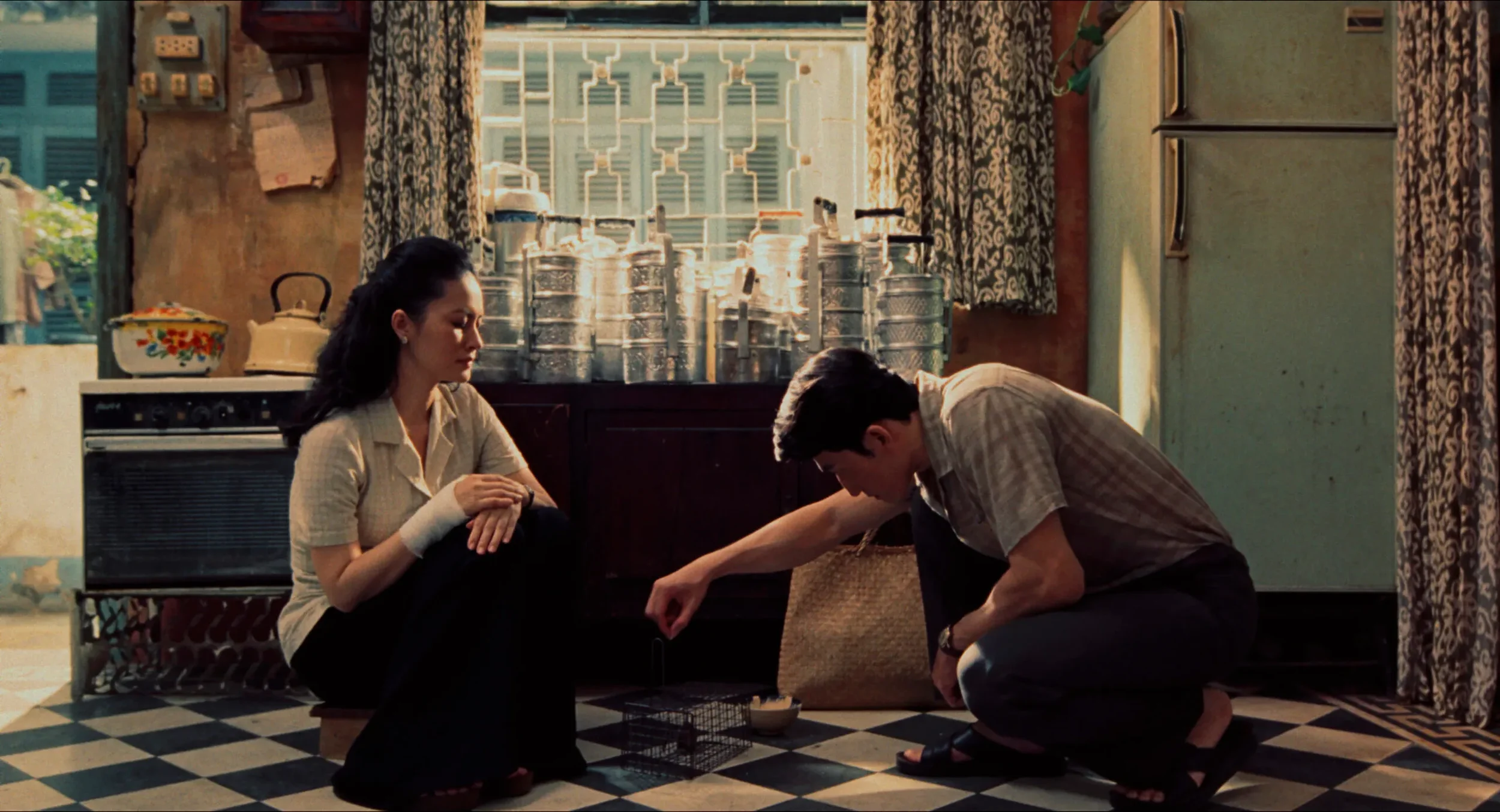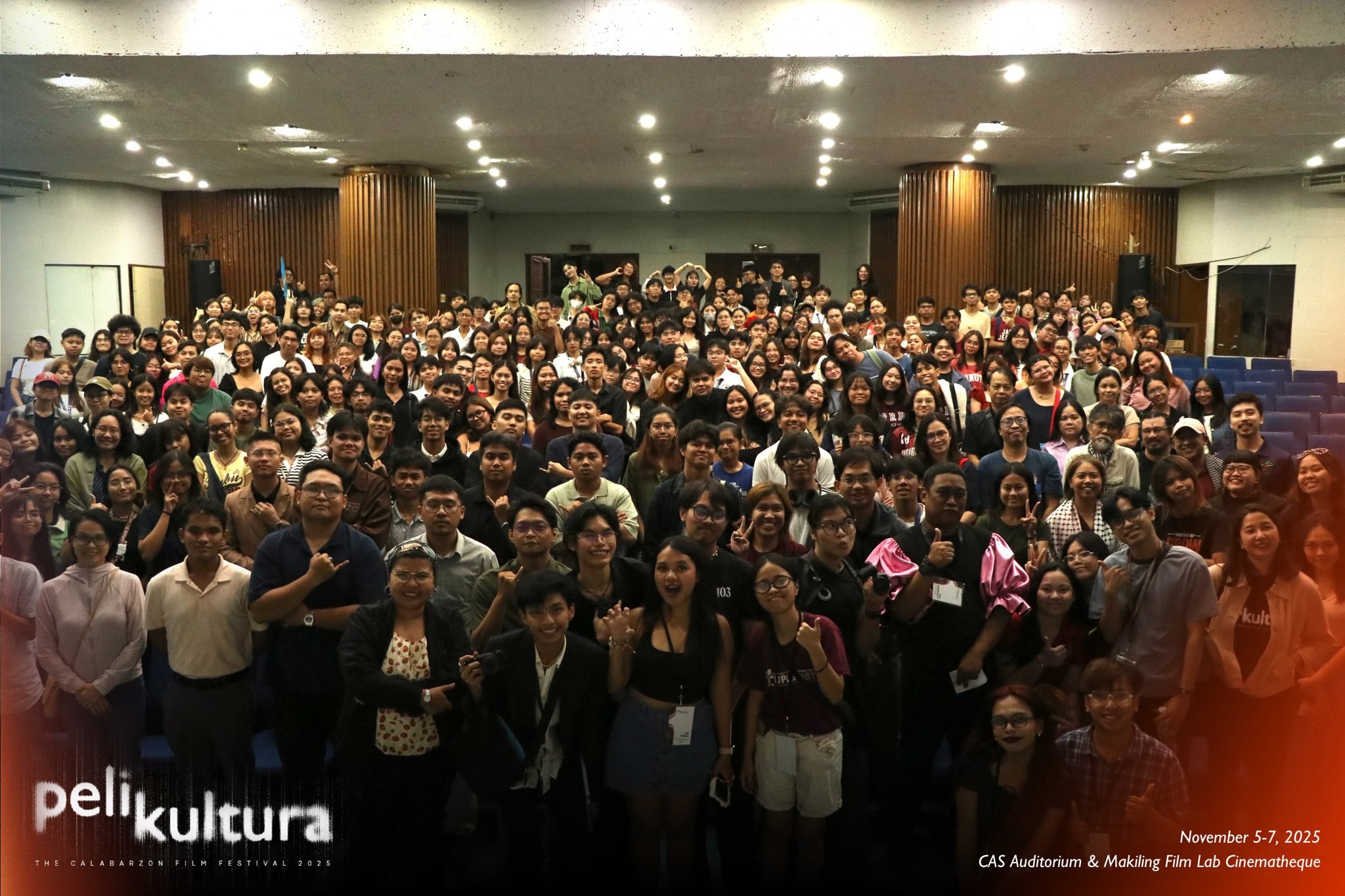‘Lost Sabungeros’ REVIEW: The Documentary Exposé of Charlie "Atong" Ang
‘Lost Sabungeros’ REVIEW: The Documentary Exposé of Charlie "Atong" Ang
A spread of photos of the missing sabungeros
Lost Sabungeros is a documentary about the suspicious disappearances of over 30 individuals involved with the online cockfighting industry (e-sabong) in the Philippines from 2021 to 2022. Recovered CCTV footage revealed that they were last seen at cockfight pits operated by Lucky 8 Star Quest Inc, the organization owned by gambling tycoon Charlie “Atong” Ang. Through testimonies from the victims’ family members, as well as insider whistleblowers, the film proposes that Ang is responsible for their disappearances, and likely, murders.
And yet, two years after a series of highly publicized Senate hearings, Atong Ang has remained scot-free. The documentary goes on to criticize the government’s incompetence and bureaucratic inertia with regards to seeking justice for the suffering masses who need it most.
It’s important to remember who Atong Ang is, for he played a very significant role in our nation’s history. He is a notorious gambling lord who rose to prominence during the Joseph “Erap” Estrada administration and served as a “gaming consultant” for the Philippine Amusement and Gaming Corporation (PAGCOR). He reportedly caused a huge rift between Estrada and Ilocos Sur jueteng tycoon Luis “Chavit” Singson after he convinced the president to give him the go-signal to operate Bingo-2 Ball. They claimed that it was meant to eradicate the illegal jueteng industry, but in reality, it was functionally jueteng under a different name.
This threatened Singson’s power. In retaliation, he decided to publicly expose Estrada’s rampant corruption. Estrada was accused of receiving hundreds of millions of pesos in jueteng protection money. This became a huge controversy in the country and it eventually led to the cases that triggered Estrada’s impeachment. Atong Ang was co-accused with Estrada for plunder. Years later, Ang returned to the gambling industry, but now rebranded as a cockfighting enthusiast.
Several of the lost sabungeros were last seen at Ang’s Manila Arena, a cockpit he had built in Santa Ana, Manila, to the tune of widespread protests from the local community. It was successfully constructed while Estrada was the city’s mayor. Others disappeared in similar establishments in Laguna, Batangas, and Bulacan.
Atong Ang at the Senate hearing in 2022 over the mysterious disappearances
The film suggests that Atong Ang, “the lord of all gambling lords,” had these people kidnapped and murdered. It establishes a pattern across the cases, in which it appears that many of the missing sabungeros were accused of interfering with Ang’s business operations. For example, Jun Lasco, a “master agent,” or someone who is in charge of finding players, was accused of cloning the streaming site operated by Ang. This would have allowed him to keep a cut of the profits. Others may have been accused of tsope, or betting against one’s own cock. Supposedly, how it works is that one sabotages their own fighter by making it drink too much water or feeding it something wrong, while simultaneously putting money on their opponent. And so on. The whistleblowers claim that Atong Ang ordered his head of security, Julie “Dondon” Patidongan, to euphemistically “take care of his businesses.”
The reason why they’re labeled as “missing sabungeros” is that their bodies have not been found, and so the courts and medical officials have not been able to definitively describe them as murder victims. One of the whistleblowers claimed that the reason for this is that the sabungeros were fed to a crocodile, but eventually it got sick of eating the human bodies, and so they had to later cremate their victims instead.
A family member of one of the abduction victims at a protest
It’s absolutely devastating to listen to the testimonies of the victims’ families. They cry for help and justice, with many still holding on to the hope that the day will come when their loved ones will somehow resurface. Their tragic pleas are reminiscent of Edita Burgos in the award-winning Alipato at Muog, whose son, Jonas, was a victim of “enforced disappearance” by the military in 2007.
Lost Sabungeros was originally set to premiere alongside it at the Cinemalaya festival earlier this year, but its screenings were abruptly canceled due to “security concerns”. It has been speculated that it was banned from the festival due to the intervention of Atong Ang himself, whose sabong business partner, Gretchen Barretto, is the romantic partner of the chairman of Cinemalaya, Tonyboy Cojuangco.
It’s a disturbing story that reinforces the sense of impunity that the rich and powerful have in the Philippines, especially when they operate in the underground economy of illegal gambling. Whistleblowers claimed that murders in the sabong industry are unfortunately common and go back much further than these 2021-22 cases. They just weren’t as reported on. Hundreds have apparently been killed in connection to sabong. Supposedly, mayors and other government officials are paid kickbacks in order to allow the operations to continue without a hitch.
Former President Rodrigo Duterte explaining how much profit the government gets from the e-sabong industry
When certain illegal industries get caught in the public’s line of fire, our government has a history of cosmetically changing them while maintaining its place in society. This goes back to former President Corazon Aquino’s controversial nationalization of jueteng profits by making it illegal in name, yet recreating the industry through “small time lotteries.”
This was heavily criticized at the time because the licenses for it were just given to the very same operators of jueteng. As seen in this documentary, in 2022, President Rodrigo Duterte gave into the public pressure that mounted due to the disappearances and banned the operations of e-sabong. Yet just this year, PAGCOR is already pushing for it to be reintroduced into society with new regulations.
Variations of these issues dominate the gambling industry. We don’t have to look any further than the recent senate trials of Alice Guo, the former Bamban Mayor who was accused of a whole litany of violations, such as qualified human trafficking, in relation to her involvement with the Philippines Offshore Gambling Operators (POGO) in her town.
In response to public pressure, President Ferdinand “Bongbong” Marcos Jr. announced in his State of the Nation Address (SONA) that he would make POGOs illegal. And yet, PAGCOR has been pushing hard to allow the cosmetically different “Internet Gaming Licenses” (IGLs) to operate by arguing that banning them will cause more harm than good. If history repeats itself, it’s likely that these highly profitable gambling industries will find ways to continue in new forms, regardless of all the human suffering that they’ve continuously proven to cause.
Senator Bato dela Rosa defending his inability to do anything about the disappearances with a rhetorical question
Lost Sabungeros is essential to help us develop a broader understanding of the rampant criminality and lack of regard for the sanctity of life that defines our underground gambling industries. What’s even worse is the knowledge that many of the most powerful figures within them, such as Atong Ang, appear to be immune to any legal repercussions for his involvement in these acts of violence.
The film suggests that this is partly because our local and national governments have mutually beneficial relations with them as well. And just as in the enforced disappearances cases documented in Alipato at Muog, the police and military appear to either be ineffectual, non-compliant, or both.
Despite Senator Ronald “Bato” dela Rosa’s assurance to the victims’ families that the victims should just “trust the government” (“magtiwala na lang sa gobyerno”), it’s clear that the Philippine criminal justice system seems to only serve the rich and powerful. This is a frustrating reality to grapple with and can only be remedied if more of us become aware of these widespread structural issues and take collective action towards recreating them.
‘Lost Sabungeros’ premiered at QCinema 2024 as part of its Special Screenings section.

















